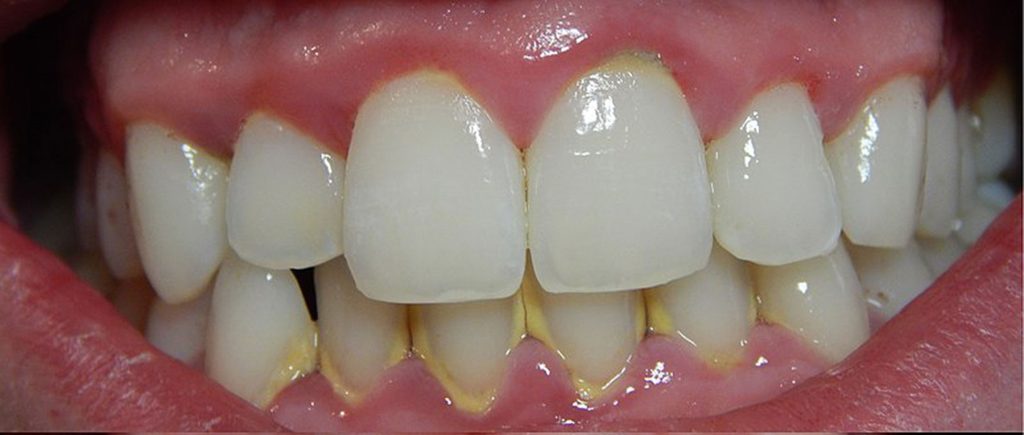How To Get Certified To Do Botox
How To Get Certified To Do Botox a prescription treatment employed for both cosmetic and medical purposes, has surged in popularity among patients seeking its transformative effects. Attaining certification to administer Botox injections empowers medical professionals to incorporate these sought-after procedures into their repertoire and cater to the burgeoning demand from patients.
In this article, we delve into the mechanics of Botox, outline the degrees and qualifications necessary to provide Botox injections, and elucidate the process of obtaining the coveted certification to administer these injections.
Educational Prerequisites for Botox Administration
To embark on the journey of administering Botox injections, one must belong to a select group of healthcare practitioners, including physicians, physician assistants, dentists, registered nurses, and licensed healthcare professionals. The minimum degree requirement for many of these esteemed professionals is a four-year bachelor’s degree in fields such as pre-medicine, biology, or related sciences.
Following the attainment of a bachelor’s degree, further educational prerequisites hinge on the chosen career path. For instance, physicians must navigate four years of medical school, followed by several years in residency. Those with a particular interest in cosmetic procedures may pursue a career as a cosmetic nurse.
The Role of a Cosmetic Nurse
Cosmetic nurses, also known as aesthetic nurses or plastic surgical nurses, specialize in cosmetic and dermatological procedures. Typically stationed at outpatient surgical centers and medical spas, they shoulder responsibilities encompassing pre- and post-operative care, including clinical procedures.
Many cosmetic nurses opt to bolster their credentials by becoming certified aesthetic nurse specialists, underscoring their competence in executing cosmetic procedures. While cosmetic nurses may independently see patients, they often perform treatments under the watchful eye of a medical doctor.
Common procedures administered by cosmetic nurses include dermal fillers, Botox injections, laser hair removal, and non-invasive body contouring.
Read More : How Long After Botox Can I Drink Alcohol
Educational and Licensure Prerequisites for Cosmetic Nurses
The journey to becoming a cosmetic nurse commences with becoming a registered nurse, achieved through the completion of either a two-year associate degree in nursing or a four-year bachelor’s degree in nursing. Subsequently, state licensure is obtained, accompanied by a minimum of two years’ experience working alongside a board-certified physician specializing in plastic or cosmetic surgery or dermatology.
Though optional, pursuing certification as an aesthetic nurse specialist through the Plastic Surgical Nursing Certification Board can significantly broaden career horizons. This certification is conferred upon successfully passing a rigorous examination.
Additional Professionals Authorized for Botox Administration
Botox administration is exclusively within the purview of licensed medical professionals. The following list identifies five additional professionals capable of providing this cosmetic service to their patients and clients:
- Skincare Specialist
- National average salary: $32,248 per year
- Primary duties: Licensed skincare specialists are trained to safely perform cosmetic treatments aimed at enhancing physical appearance. Typically employed at medical spas or health clinics, they consult with patients and clients to discuss their skin-related concerns and desires.
- Registered Nurse
- National average salary: $73,680 per year
- Primary duties: Registered nurses, or RNs, are licensed healthcare professionals who undergo training and pass the National Council Licensure Exam for nurses. While RNs often specialize in particular medical domains, they possess the capacity to diagnose and treat illnesses, administer treatment plans, and provide guidance to patients and their families across various medical areas.
- Physician Assistant
- National average salary: $105,025 per year
- Primary duties: Physician assistants, licensed medical professionals, are equipped to diagnose medical conditions, prescribe medications, and offer comprehensive care to patients. Those specializing in dermatology may perform cosmetic procedures like Botox administration.
- Physician
- National average salary: $246,709 per year
- Primary duties: Physicians, licensed medical practitioners, embark on extensive educational journeys involving medical school and residency programs. They are entrusted with the diagnosis and treatment of illnesses, injuries, or diseases and operate across private practices, hospitals, and clinics.
- Plastic Surgeon
- National average salary: $267,588 per year
- Primary duties: Plastic surgeons, licensed medical physicians, conduct transformative procedures and operations targeting appearance alterations. They diagnose and treat patients grappling with a diverse range of conditions and perform reconstructive or cosmetic surgeries.
Mechanism of Botox
Botox operates as a neurotoxin targeting the nervous system and interrupting specific nerve signaling processes responsible for muscle contraction. Healthcare professionals utilize botulinum toxin by diluting it in saline and administering it directly into the skin or muscles. Botox may take up to two days to yield effects, with results generally persisting for three to 12 months contingent upon the treatment.
Read More : How Much Is Botox For Tmj
Botox’s Multifaceted Utility
Providers employ Botox for two primary purposes:
Cosmetic Purposes: Patients frequently seek Botox to diminish the appearance of fine lines and wrinkles on the forehead and around the eyes. While Botox injections can be administered in other areas, such as the neck, mouth, and chin, the Food and Drug Administration (FDA) has solely approved them for use around the eyes and on the forehead.
Medical Purposes: While Botox is predominantly associated with cosmetic applications, it finds utility in addressing diverse medical conditions.
Earning a Botox Certification
Once the educational and licensing prerequisites for your chosen career path have been met, the pursuit of a Botox certification can commence. Certification courses typically span one to two weeks, although accelerated programs enabling certification within two days are also available. Below are the steps involved in obtaining a Botox certification:
- Meet Certification Course or Program Requirements:
- Enrollment in Botox certification courses necessitates active medical licensure for physicians, physician assistants, registered nurses, dentists, or other healthcare professionals. It is advisable to consult your state’s medical board for additional prerequisites.
- Enroll in Botox Training Courses:
- Medical professionals can select from a variety of Botox training courses and programs. Prior to enrollment, meticulous research into program and institution reputation is crucial. Opting for accredited programs led by seasoned experts is recommended. Programs offering clinical experience are advantageous, as they afford invaluable hands-on training in Botox injection procedures.
- Completion of Botox Training Courses:
- Upon successful completion of Botox training courses and satisfaction of state-mandated training hours, you become qualified to administer Botox injections to patients within a clinical setting. Specific requirements for Botox administration vary among states; for example, some states stipulate that physician assistants and registered nurses perform Botox injections under physician supervision.
In essence, a Botox certification equips medical professionals with the expertise required to offer this transformative cosmetic and therapeutic procedure to their clientele. By navigating the educational prerequisites and adhering to state-specific regulations, healthcare practitioners can embark on a journey to enhance their skill set and address the burgeoning demand for Botox injections.




